These 5 people are shattering the stigma around menstruation
SocialStory has combined a list of 5 change makers who are advocating and empowering people on everything around menstruation.
Many women around the world lack access to sanitary napkins and the ability to manage their menstrual hygiene.
The stigma connected to menstruation has long been fought by many people. India still struggles with the "taboo" of menstruation till date. While unquestionably, there has been a change in the situation, challenges remain.
While discussions around menstruation and menstrual hygiene continue to be disregarded, five heroes are breaking the taboo and encouraging open communication about the subject.
As the founder and director of , a not-for-profit organisation, she aims to promote entrepreneurship among the underprivileged in India. Her plan is to transform rural India by supporting female entrepreneurs and talking more about reproductive health. Prachi's approach promotes women's independence and sharpens their marketing and commercial acumen.
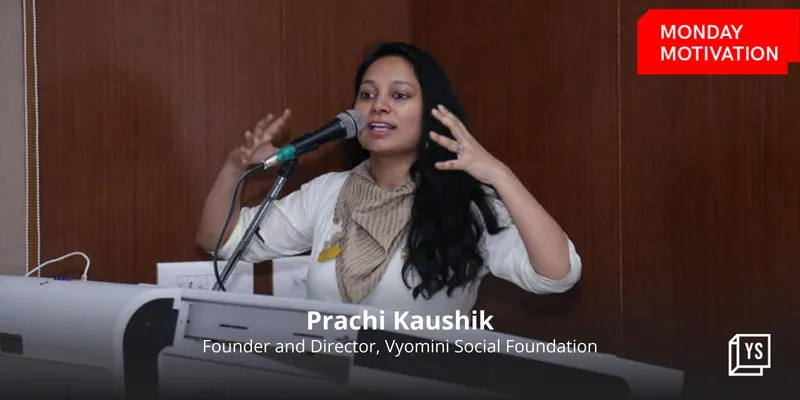
Along the way, she has enabled women to be healthy, financially independent, and become entrepreneurs in their own right.
'Padwomen' in Madhya Pradesh manufacture sanitary napkins to fight age-old stigma
Deane De Menezes quit her corporate job to start an NGO, Red is the New Green in 2016. From conducting workshops to spread awareness about periods to installing sanitary napkin vending machines, she is tackling the social stigma attached to menstruation.
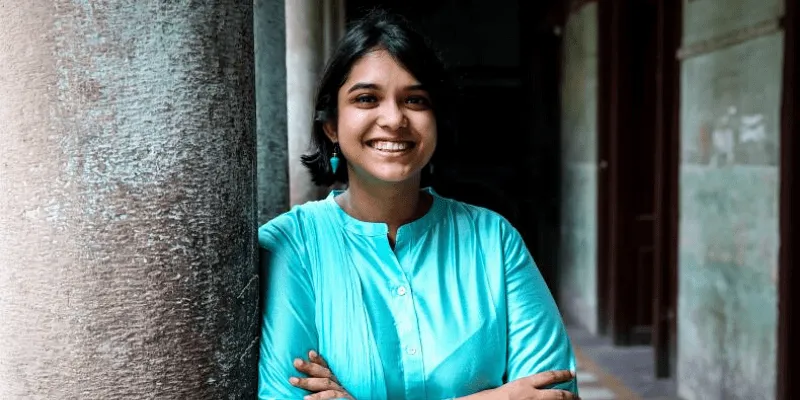
She started off in a small way, by encouraging open dialogue about menstrual hygiene among students through workshops and awareness sessions. Deane went on to establish a not-for-profit organisation by the same name and worked towards ensuring accessibility of menstrual products by installing sanitary vending machines and incinerators in more than 50 educational institutes.
Anushka is using , her NGO working for women, to amplify the conversation on the financial incapacity of many women to afford menstrual products, the problem of period poverty in India, and the state of abuse victims.
She started her NGO Naari, now registered as Anishka Red Badge of Courage Foundation, in August 2020 in the midst of the pandemic, beginning with a door-to-door service, distributing sanitary pads.
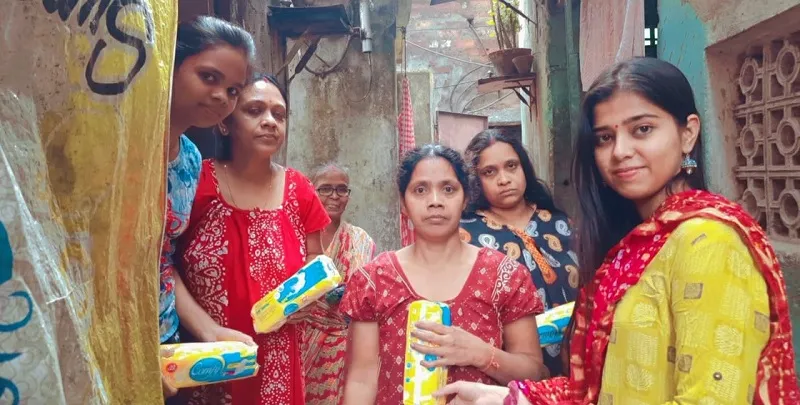
Anushka distributing the sanitary pads to the women
In her capacity, she amplified the conversation on the financial incapacity of women in some parts of the world to afford menstrual products, the problem of period poverty in India, and continued to provide sanitary napkins to underprivileged women as well as expedite responsiveness towards this concern in urban India. As of now, her team has served over 9,000 women in Jharkhand and West Bengal.
In an effort to break taboo around periods, Srinidhi from Rotary Club of Bangalore has been working towards the betterment of women’s health and encourages men to discuss menstruation.
A teacher by profession, she wasn't shy about talking about the biological aspects of periods and helping people was something he always wanted to do. He is aware of how men are usually restrained from talking about periods in many places, especially in schools and colleges. However, Srinidhi makes sure that he talks openly to boys and girls about menstruation. That inspired him to take it up in a larger way.
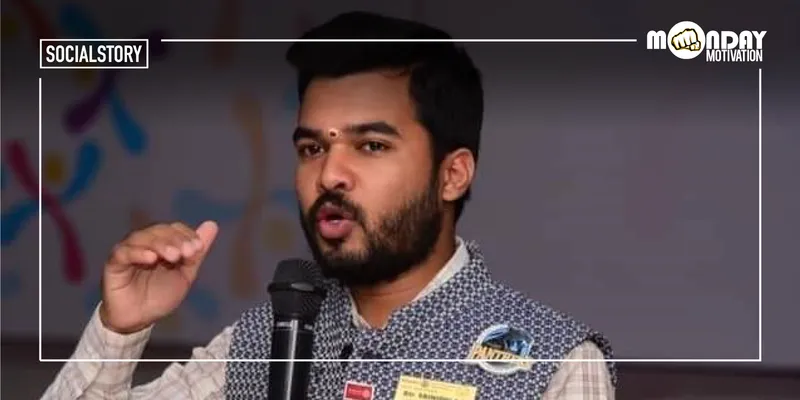
Since 2018, he has devoted himself to the health needs of women and girls in his community. He served as the Project Chair for The Menstrual Hygiene Management (MHM) session project in 2018 and founded Project Sthree in 2019 as the Club President, a programme based around women’s health, including hygiene, thyroid and breast cancer, and HPV, as well as focussing on providing leadership and safety skills for women.
Project Baala is taking reusable pads and menstrual hygiene to women and girls in rural areas
A mother of two sons, Seema was always keen on giving back to the community. She wanted to be a productive member of the society and a genuine force for progress.
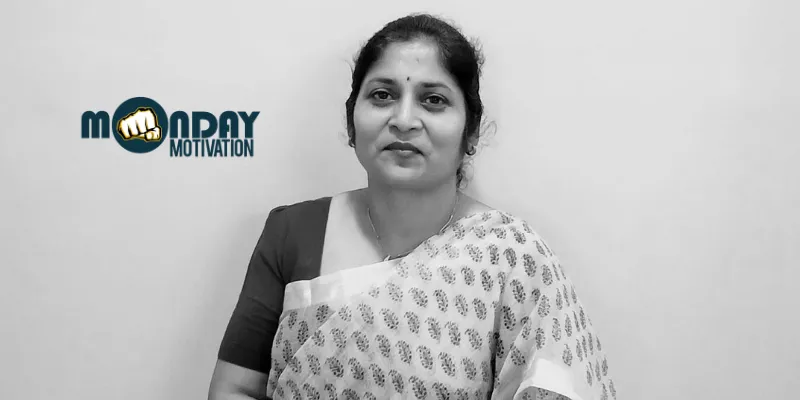
After two decades of being a homemaker, she pursued her Masters in Social Work from The Indira Gandhi National Open University (IGNOU). She put out all the stops and worked hard to complete the course. Subsequently, in 2015, she set up a non-governmental organisation called Ashay Social Group in Mumbai.
Today, the NGO spreads awareness about the harmful effects of plastic on the environment by undertaking a slew of activities – from upcycling old fabrics into cloth bags to introducing sustainable menstruation options.
Edited by Akanksha Sarma






